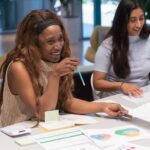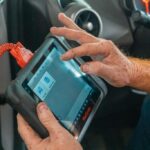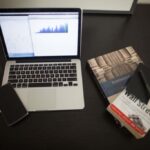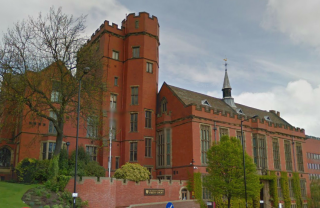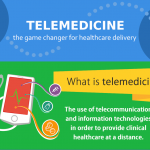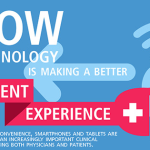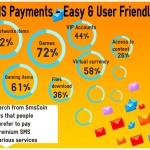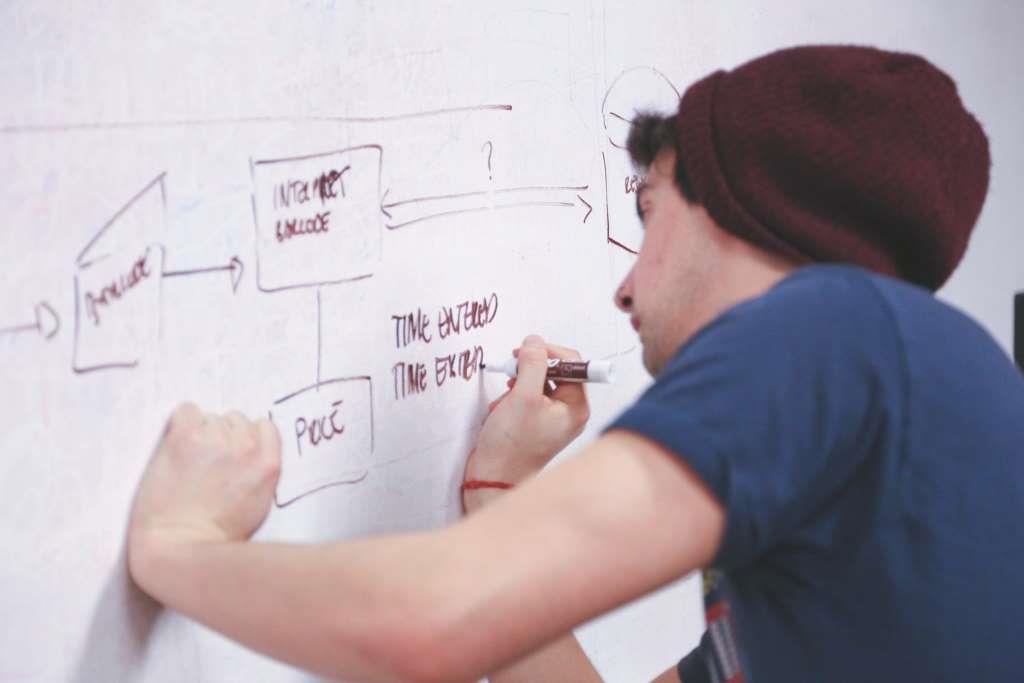The University of Sheffield this week cemented its reputation as one of the UK’s leading universities when it showcased its latest invaluable contribution to independent living for the disabled. The university’s new Centre for Assistive Technology and Connected Healthcare (CATCH) enjoyed a highly acclaimed launch with the unveiling of a new technology that assists those with severe dysarthria (unintelligible or disordered speech). The voice-input, voice-output communication aid known as VIVOCA is literally set to bring new meaning to the vocal expressions of people afflicted with speech impediments.
 One of the greatest indignities suffered by those whose speech cannot be clearly understood is that this is often seen as an indicator of their level of intelligence. It is a misconception that can add greatly to the frustration already being felt by persons struggling to communicate effectively. This was confirmed by Jon Toogood who has been involved in the design and testing of VIVOCA for more than seven years. Jon suffers from cerebral palsy, which makes his speech very difficult to understand. The potential offered by VIVOCA for him to communicate with others in a clear manner has him very excited.
One of the greatest indignities suffered by those whose speech cannot be clearly understood is that this is often seen as an indicator of their level of intelligence. It is a misconception that can add greatly to the frustration already being felt by persons struggling to communicate effectively. This was confirmed by Jon Toogood who has been involved in the design and testing of VIVOCA for more than seven years. Jon suffers from cerebral palsy, which makes his speech very difficult to understand. The potential offered by VIVOCA for him to communicate with others in a clear manner has him very excited.
Why VIVOCA is so important
For obvious reasons most speech-recognition software is unsuitable for anyone with a speech impediment. As Professor Mark Hawley, who is the lead researcher for CATCH, explains; the VIVOCA system is based on the individual user’s manner of vocal expression. The technology is programmed to recognise the regular sounds that emerge as a user tries to pronounce words and to then translate those sounds into standard speech by means of a synthesized voice. For those like Jon who find speaking to be an almost degrading experience, the technology developed at the University of Sheffield will help the speech impaired to become clear and confident communicators. It is an achievement of which all involved in the development of this remarkable technology can feel justifiably proud.
A Holistic Effort
The University of Sheffield is committed to a holistic approach regarding research into and the development of aids that assist people to live independently. By utilising the knowledge and expertise of specialists in various fields from healthcare to architecture, the university ensures that leading experts are involved in every specific stage of new technological developments. While its scientific community closely examines cause and effect, engineers and developers work on solutions. It is hoped that by this interdisciplinary approach to research and development CATCH will continually find new ways of assisting socially challenged people to live independently in their own homes for longer.
A History Of Excellence
The University of Sheffield boasts five Nobel Prize winners among former students and staff members, which is only part of its remarkable achievements. Its hope for the future is to continue the development of prototypes that will eventually grant independence and greater self-esteem to the vast majority of persons who, as yet, are reliant on others for their daily living requirements. Its new Centre for Assistive Technology and Connected Healthcare is committed to identifying every healthcare need and to develop the user-friendly technology to meet these. It is further hoped that these technologies will be adopted and implemented within the NHS and that this will improve healthcare services and perhaps reduce costs. Students may also be able to obtain otherwise expensive assistive access technologies through needs assessed DSA grants.
Giving those who were previously greatly restricted by their ability to communicate a clear voice with which to speak is a gift that’s value can only be truly appreciated by such persons. It will also have brought tremendous hope to others who are severely challenged by the simple acts taken for granted by the able-bodied. The University of Sheffield is committed to finding solutions that will transform lives by greater independence.
By Nick Davison
Nick
Latest posts by Nick (see all)
- Sheffield University Develops New Voice Input Communication Aid Technology - December 24, 2013



